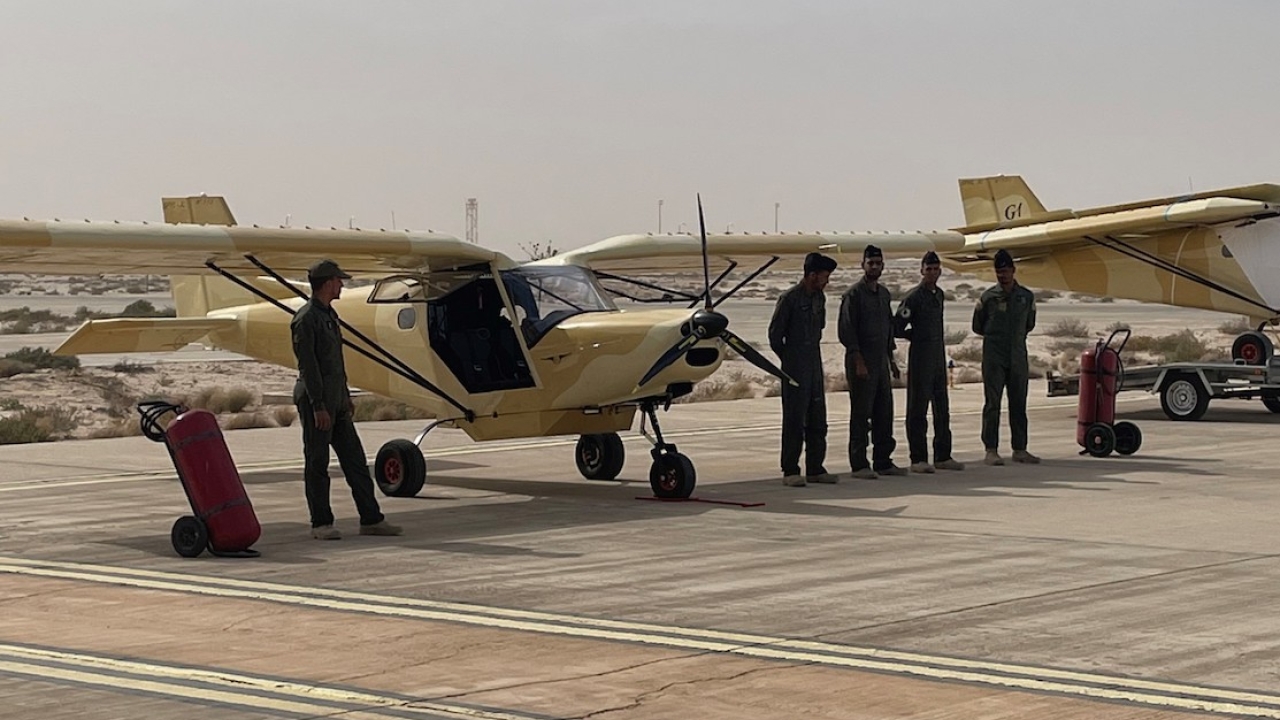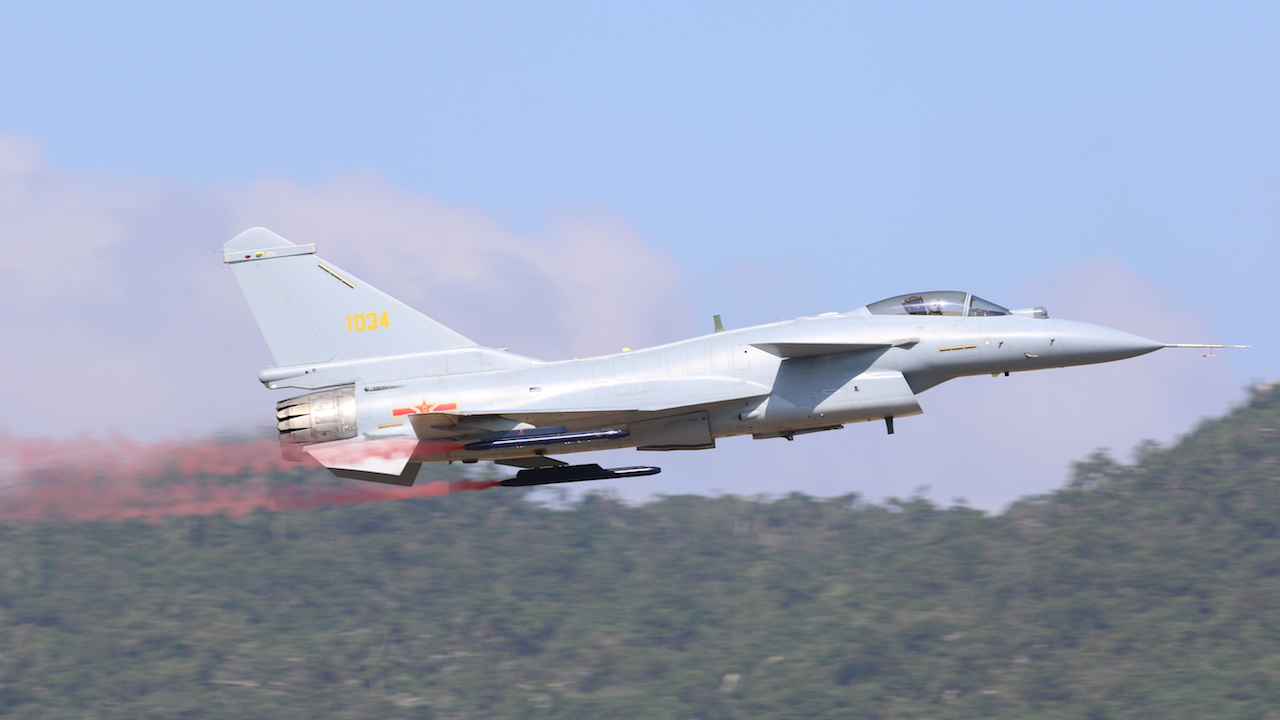Mauritania beefs up air surveillance capabilities
Three G1 Aviation ultralight aircraft were formally handed over to the Mauritanian Air Force by the European Union (EU) at Nouakchott Air Base in February.

Light work: The Mauritanian Air Force has received three G1 Aviation ultralight surveillance aircraft, which were donated by the EU. Picture: THEMIIS.
The aircraft, procured via the French Management Institute for International Security (THEMIIS), were provided to Mauritania under the aegis of the Ghawdat programme, part of the European Union-sponsored Mauritania security and development support project (PADSM).
According to Peer de Jong, THEMIIS’ senior vice president for development, the 2020 tender, which led to the selection of the G1, saw three companies bidding.
G1 Aviation offered the best solution from a technical standpoint with a proven aircraft already in service with the Senegalese Gendarmerie, which fields three aircraft for air surveillance duties, he explained.
Among the key strongpoints of the SPYL-XL are its ability to land in just 20 metres, a maximum speed of 200kph, an endurance of up to 10 hours, a strengthened undercarriage, and an integrated parachute, which can be used in an emergency to recover the aircraft.
In addition to the three G1 SPYL-XLs, two Toyota Land Cruiser pick-up trucks and trailers were also acquired. These can be used to move the aircraft by land with their wings folded.
Satellite phones, as well as day and thermal surveillance stabilised cameras, have also been installed on the aircraft. Training of the aircrews and ground support personnel took place at G1 Aviation’s facilities in France last year.
Ultralights are a cost-effective intelligence, surveillance, and reconnaissance (ISR) tool and have enjoyed significant success in Africa owing to their low operating costs, ruggedness and ease of maintenance.
Several countries on the continent have either procured or been gifted ultralights for counter-poaching, training, and ISR. Aside from Mauritania, these include Botswana, Burkina Faso, Cameroon, Guinea, Madagascar, Mali, Niger, and Senegal.
As de Jong explained, the aircraft are intended to conduct light transport and surveillance duties in support of the Mauritanian National Guard and its nomadic group. The latter is a cavalry unit, comprised of two camel-mounted squadrons and a motorised squadron. Its mission is to provide a visible government presence across the remote reaches of the south-eastern Mauritanian hinterland, near the border with Mali.
This includes conducting long-range patrols, as well as providing medical assistance to the civilian population.
Infrastructure work is also part of the group’s duties, which has included supporting THEMIIS in the digging of 10 wells to provide watering points to the locals.
The national guard is a military force under the ministry of the interior, which is responsible for patrolling and policing eastern Mauritania’s desert.
The Ghawdat programme’s main purpose has been to rebuild the nomadic group and provide it with the camels, vehicles, and infrastructure to perform its duties. THEMIIS has been acting as the lead contractor since 2019 and was notably tasked with procuring 300 camels and building a Mehari school, inaugurated in 2021, to train the unit’s personnel.
While delivered to the Mauritanian Air Force, the new ultralights are intended to be operationally used by the nomadic group to extend the reach of its surveillance capabilities and allow for better focus of resources when planning and executing patrols.
One of the challenges that has yet to be resolved is how the new SPYL-XL will be deployed and sustained in the border region with Mali since their current location in Nouakchott is not practical to effectively support the nomadic group.
Ghawdat is now reaching the end of its first phase. According to de Jong, the project is considered a resounding success by both the EU and Mauritania, and the very positive and proactive cooperation dynamic between the former and the Mauritanian armed forces is driving plans for an extension and strengthening of the programme, with talks on the matter currently under way.
Stay up to date
Subscribe to the free Times Aerospace newsletter and receive the latest content every week. We'll never share your email address.

